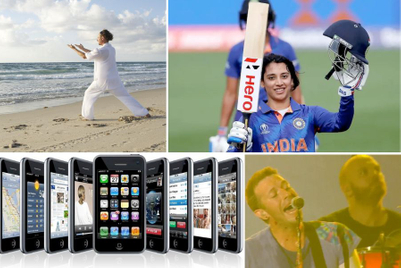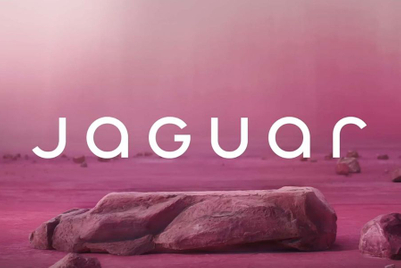
LGBTQIA+ rights advocacy organization GLAAD partnered with marketing data and consumer analytics agency Kantar to release an Advertising Visibility Index that tracks how many ads feature the LGBTQIA+ perspective.
The data, revealed at this year’s Cannes Lions International Festival of Creativity, paints a bleak picture of the visibility of the queer community in advertising, showing the industry has a long way to go to achieve equitable representation.
“Out of over 400 ads on national linear TV from the top ten advertisers in the world, not one had LGBTQ inclusion that was impactful and recognizable,” said Sarah Kate Ellis, GLAAD’s president and CEO.
The index rated 436 ads from 2022 and found just 14 of them to be inclusive for LGBTQIA+ representation according to GLAAD’s scoring criteria, equaling 3% of the total. Queer people or stories were given just 1.42% of total screen time. As a result, none of the ads were given a rating higher than “insufficient”—most commonly due to the fact that LGBTQIA+ people were featured for less than 10% of the ad, inclusion was ambiguous or queer celebrities were included without LGBTQIA+ storytelling.
The methodology included a proprietary scorecard created by GLAAD to judge LGBTQIA+ representation in advertising by both quality and quantity.
These low numbers are not reflective of the United States’ LGBTQIA+ population, which encompasses 7.2% of all adults, per a cited Gallup measure.
Representation in ads also doesn't satisfy consumer wishes, as GLAAD and Kantar found in a recent survey that 80% of consumers believe ads should have multi-dimensional LGBTQIA+ representation. As well, 66% of respondents said that advertisers have a responsibility to create content with visibility for LGBTQIA+ people, couples and families.
Many ads that were deemed inclusive did not offer impactful, recognizable representation, according to the study. LGBTQIA+ celebrities starred in 70% of the inclusive ads studied, yet this type of inclusivity is least important to consumers.
Good representation as defined by consumers includes ads that depict a sense of universal empathy and realism, focusing on universally relatable and authentic storytelling.
Increasing LGBTQIA+ representation in ads is viewed by consumers as minimal risk with a high potential for reward. Respondents who said they would be less likely to buy from a brand that supported the LGBTQIA+ community totaled 16% of the total, while 17% said they’d have negative feelings as a result of queer representation in brand advertising.
In contrast, consumers were found to be 88% more likely to think positively about a brand with a “pro-LGBTQIA+ stance” and 63% of respondents said this stance would positively impact their purchase decision.
As well as having a potentially positive impact on a brand’s bottom line there’s a chance for society at large to benefit from improved representation as well: The index found that 60% of respondents felt that adequate representation makes them more comfortable with people different from them.
“The ad industry is decades behind television and film when it comes to LGBTQIA+ inclusion, but consumers are ready and willing to see the industry grow the quality, quantity and diversity of ads,” said Ellis in a press release. “Brands that keep us invisible to appease anti-LGBTQIA+ activists are not only missing a large and loyal consumer base today, but are missing a future generation of consumers and employees who demand that brands include LGBTQIA+ people and other diverse communities in authentic and organic ways.”



.jpg&h=334&w=500&q=100&v=20250320&c=1)

.jpg&h=334&w=500&q=100&v=20250320&c=1)
.jpg&h=334&w=500&q=100&v=20250320&c=1)
.jpeg&h=334&w=500&q=100&v=20250320&c=1)

.jpg&h=334&w=500&q=100&v=20250320&c=1)
.jpg&h=334&w=500&q=100&v=20250320&c=1)







.jpg&h=268&w=401&q=100&v=20250320&c=1)
